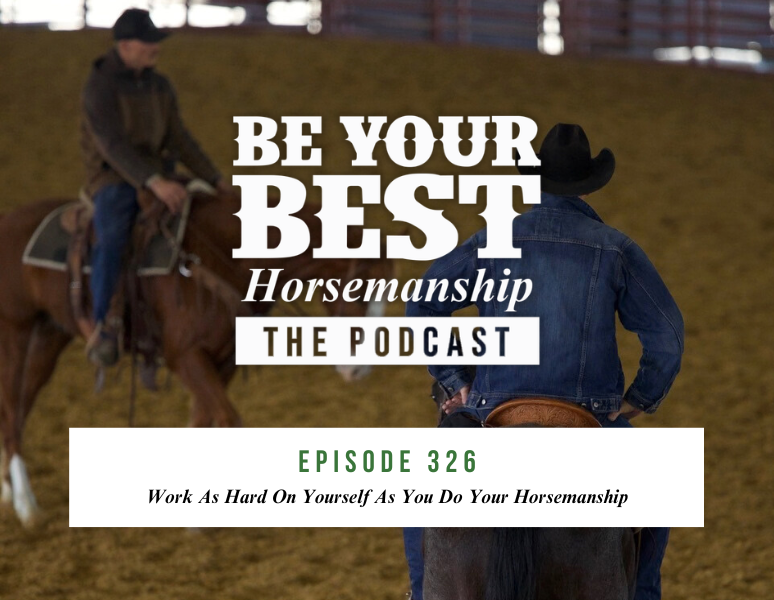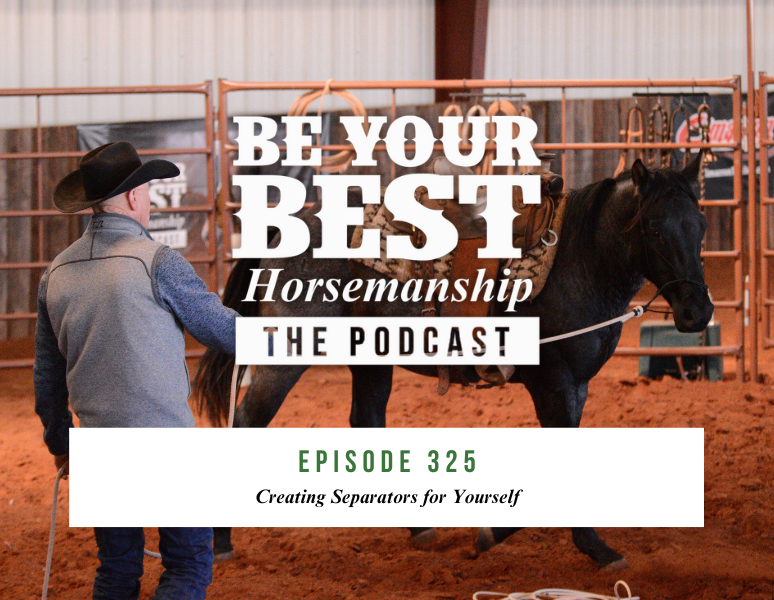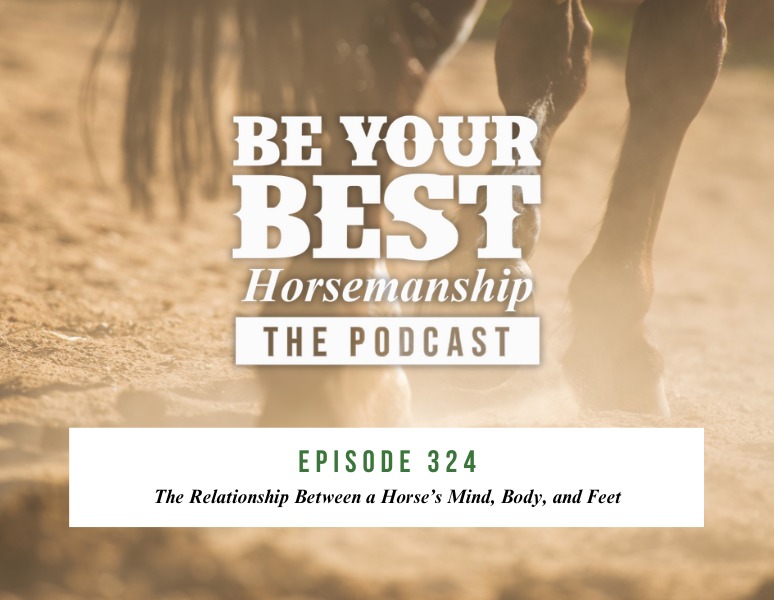Ep 253: How to Get More Effort Out of Your Horse
Understanding how to get effort from your horse is something I've thought about a lot recently. It's come up several times over the past week in training sessions, and it made me reflect on how we, as trainers, need to approach this concept.
When we think about effort, whether in ourselves or our horses, we need to ask ourselves a simple question: Why are we willing to put in the effort? For most of us, it's because there's some kind of reward at the end. Think about a football coach who, after a tough practice, asks the team to run 10 more up-and-backs. When they finish, hot, sweaty, and out of breath, if the coach says, "Great job, let's do 10 more," the initial effort might feel pointless, even punishing.
I've made similar mistakes with my horses, and it's something I constantly remind myself to be aware of. You see, when you get that feeling from your horse—when you feel their effort, athleticism, and try—it’s so tempting to keep going. It’s like eating ice cream; that first bite is so good that you just want more. But this is where knowing when to quit is crucial.
I remember Chris Cox saying that one of the keys to being a great horseman is knowing when to quit. Human nature makes us selfish when our horses give us that effort we've been looking for. We’re so happy to get it that we want to keep asking for more. But think about it from the horse's perspective. If every time they try hard and put in the effort, it just leads to another exercise or maneuver, it starts to feel like a punishment.
Take a horse with a really nice handle, for instance—one that stops and turns around well. Riders often stop them or turn them around more than necessary simply because it feels good to them, not the horse. But for the horse, it becomes repetitive and exhausting.
Recently, I was working with Boone, Bridget’s barrel horse. Since I’m still recovering from knee surgery, I’ve only just started working horses again. Boone was a little fresh and strong at first, but after some time, he softened up, got really collected, and found his balance. At one point, he gave me a nice little sliding stop, and everything felt just right.
My immediate reaction? I wanted to do it again. But I had to catch myself. I had already spent a good 30 minutes getting Boone to that point—softening his mind and body. If I had kept asking for more, I would have turned that reward into punishment. And that’s something we all need to be careful about.
We often wonder why we lose that edge, that effort from a great horse, and it’s usually because we’ve taken it out of them by not knowing when to quit. There’s nothing wrong with pushing a horse through a tough job, but we have to recognize when it’s time to stop and let them rest. If you quit when it feels good, chances are you’ll have that same feeling tomorrow, and it will be easier to get there.
This idea applies beyond just training horses. It’s about understanding the value of effort in anything performance-based. Growing up, I learned this from my dad. We’d go to the barn, work hard on one thing, and then move on to the next, and the next, until it felt like it never ended. I eventually learned the importance of recognizing when enough is enough, a lesson that I carry with me to this day.
Whether you’re working with a horse or a person, it's crucial to acknowledge their effort and know when to stop. If someone works hard and does a good job, their reward shouldn’t be more work. The same goes for our horses. If they give us their all, we need to appreciate that and give them the release they deserve.
So, next time you’re working with your horse and you feel that moment where everything clicks, be mindful. Quitting while you’re ahead might just be the best thing you can do to ensure that you’ll get that same effort the next time around.




